PeMSAA-UK Biennial International Academic Conference 2023
11th November 2023 , University of Oxford
PeMSAA-UK biennial academic conference on Holistic Approach to Diabetes Management was held on the 11th of November 2023 at University of Oxford, attended by delegates all over the UK. Please see the attach program and agenda for details. The keynote lecture was delivered by Professor Juliana Chan.
.
Please visit Photo Gallery to see more photos
PeMSAA-UK Annual Ball & Prof Varugunum Memorial Lecture 2023
11th November 2023 , University of Oxford
PeMSAA-UK Annual Ball was held was held on the 11th of November 2023 at University of Oxford. The Prof Varugunum Memorial Lecture 2023 was delivered by Alumni Prof Shanthi Mendis. The event was a great success.
Please visit Photo Gallery to see more photos
PeMSAA LK International Medical Congress 2023
27th to 28th April, 2023 - Kandy, Sri Lanka
Insights of the Plenary Lecture at the 16th International Medical Congress of PeMSAA
Delivering Person Centred Care - Dr Krish Thambiah Radhakrishnan
Hippocrates, the Father of Medicine said ‘it is more important to know what sort of person has a disease than to know what sort of disease a person has’
We use the word ‘person’ to emphasise a holistic approach to care, that takes into account the whole person – not a narrow focus on their condition or symptoms but also their preferences, wellbeing and wider social and cultural background. By practicing Person Centred Care we are treating patients as individuals and as equal partners in the art of healing; it is personalised, coordinated and enabling.
The United Kingdom National Health Service was founded nearly 75 years ago; people were ecstatic to receive free healthcare. The predominant attitude at that time was that doctors knew best and patients were told what treatment they were going to have. It was not the ‘done thing’ to challenge the doctor.
Today, attitudes are changing in UK and Sri Lanka. There is copious amounts of health information, patients expect excellent care and they are much more likely to complain if it falls short of expectations. There are indeed cultural difference between Sri Lanka and UK, I hope I am correct in saying that the majority of the Sri Lankan population still think that the “doctors know best”. However we notice a slight shift in attitudes especially in the urban population in Sri Lanka. This is bound to expand into the wider society, thanks to the generous usage of social media and the ever-increasing inquiring mindset of the young.
Sri Lanka has achieved a relatively high health status given a low level of spending on its health-care services. Such a health care system must be responsive to peoples’ needs and must be coordinated to ensure access to a comprehensive, high-quality and cost-effective, health services is sustainable. More importantly, they want to be listened and treated as individuals whose knowledge, preferences, family and social circumstances are acknowledged as being of crucial importance when considering their care
needs.
UK experience and published literature from many developing countries, would advocate that we embrace the notion of “Person Centred Care” in order to offer an efficient, sustainable long-term health and social care service to an ever increasing elderly population with multiple co-morbidities.
The ethical rationale is clear but there are also some very practical reasons for adopting person-centred care with growing evidence that shared decision making and self-management support can improve a range of factors, including patient experience, care quality and health outcomes. When people play a more collaborative role in managing their own health, they are more likely to adhere to treatment plans and less likely to utilise emergency services. Patient engagement increases both staff performance and morale. By enabling patients to make their own choices, person-centred care should also represent better value for money because it ensures that services are built on the needs and preferences of the population it is serving rather than on the convenience of providers.
Providers of health and social care services face increasing pressure to implement Person Centred Care into their daily practice but there are many factors, at all levels of the health system that can act as barriers or enablers. The utmost barrier to change is perhaps culture . The doctor-patient collaboration, negotiating treatment plans should be a fundamental element of both undergraduate and postgraduate training. From service reconfiguration to medical research, commissioning, training and education, patients can make a significant contribution to help drive and deliver that cultural change making person-centred care the day today practice. We, as leaders can facilitate changes for better the Patient’s experiences and their health care.
‘Leaders become great not because of their power but because of their ability to empower others’
John Maxwell
.
Please visit Photo Gallery to see more photos
PeMSAA-UK Spring Delight 2023
22nd April 2023 - Sinhala & Tamil New Year Celebrations 2023 , Birmingham, UK
This event was attended by alumni all over the country and oversees. The event was full of traditional indoor and outdoor games. The organising committee was led by Lal worked tirelessly to make this event a success. The creative games organised by Uditha was a delight. Bandula and Kumdu duo presented an excellent music program which was well aligned with the crowd expectations. The traditional Sinhala food was appreciated by all.
Due to generous contributions by the committee and the attendees we managed to make a profit of around 1000£ which will go towards helping our alma mater.The organising committee would like to thank who joined us on the day and contributed to this event to be a memorable event.
Please visit Photo Gallery to see more photos
1978 Batch Reunion
30th March 2023
The 1978 Batch Reunion was held succefully on the Thursday 30th March 2023 at "The Palm", Beruwala. The support by the ‘committee’ was essential for the success and with out which it would not have happened. Though deep south was the preferred location, we opted for a bigger hotel more proximally. The location at ‘The Palm” Beruwala certainly gave wider options- such as access to the beach and ability to do beach games which was a welcome addition. The official start of the event with traditional lighting of bonfire, went almost pear shaped as heavy rain was threatening at the same time. That ‘close’ relief was followed by pure extasy throughout the weekend.
Please visit Photo Gallery to see more photos


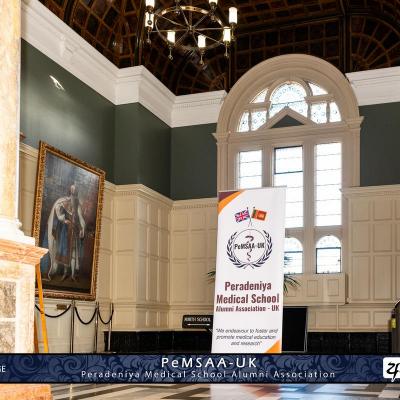
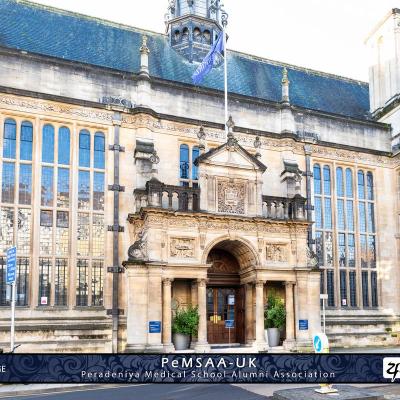

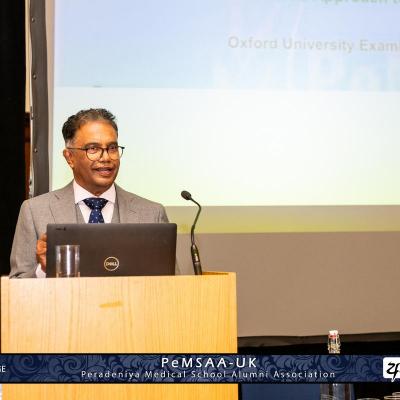
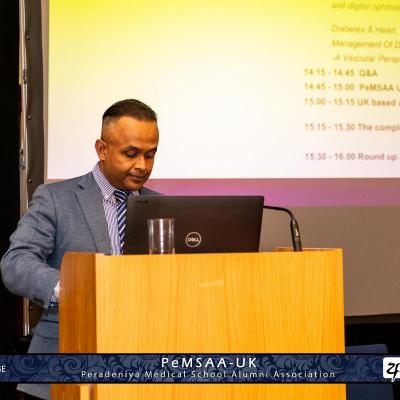
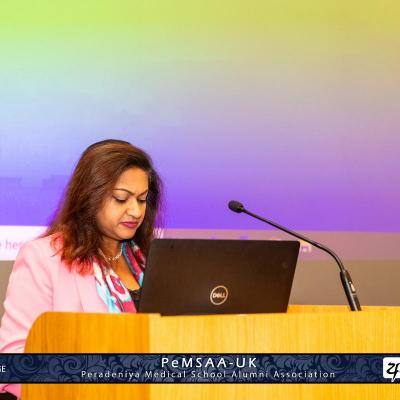
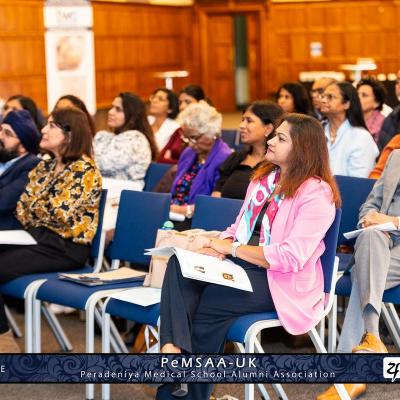
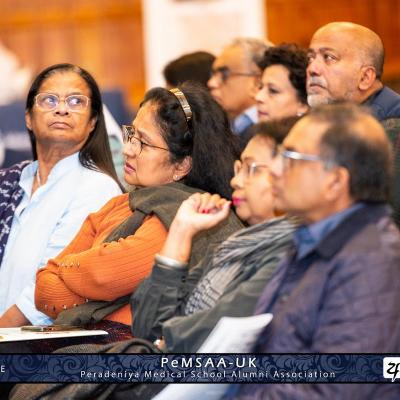
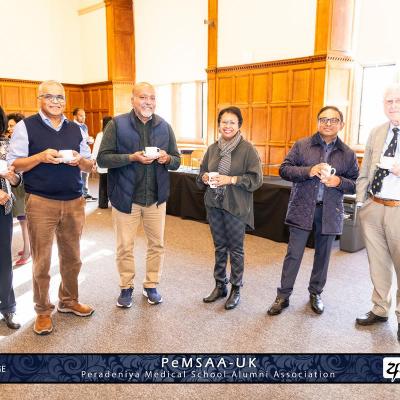
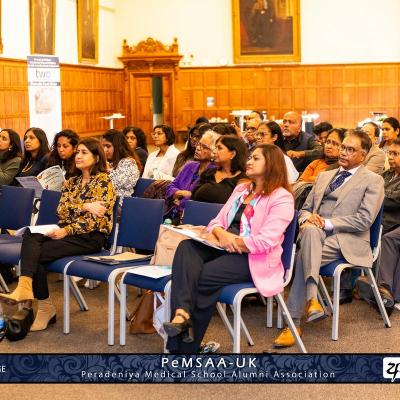
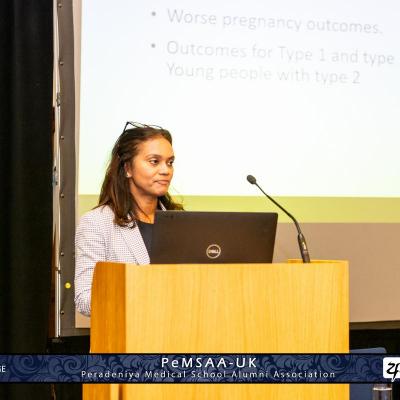
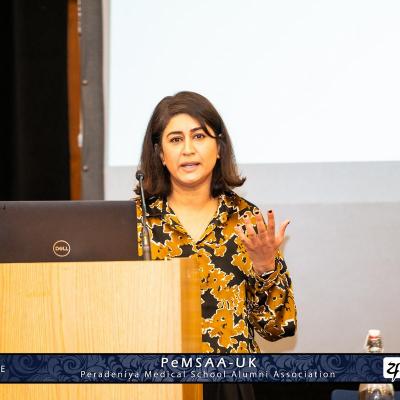
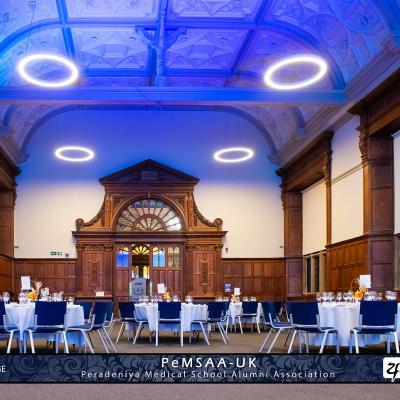

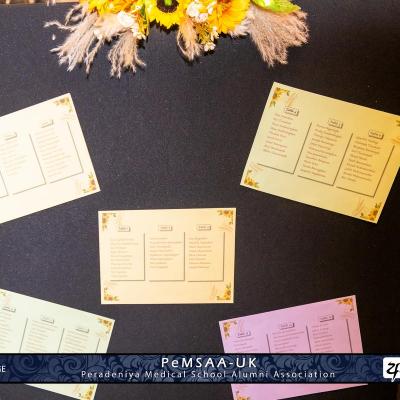
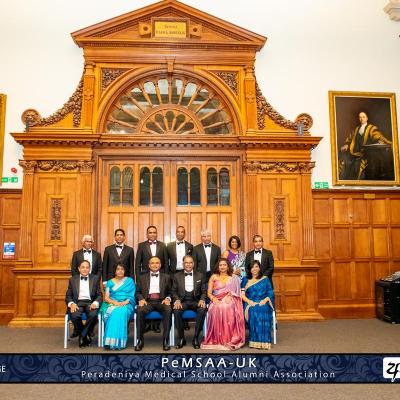
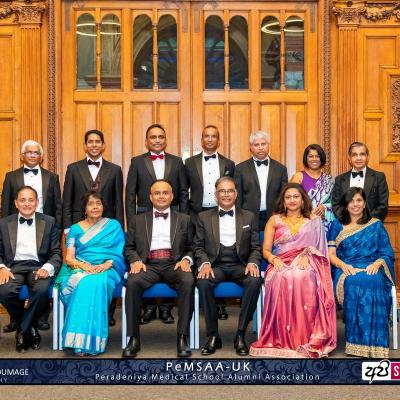
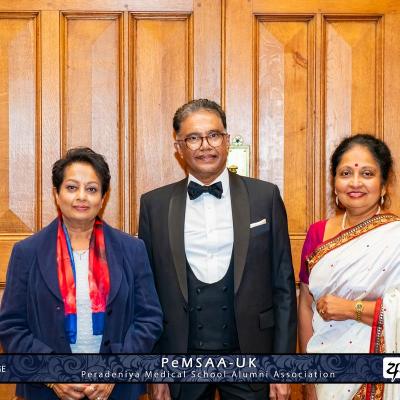
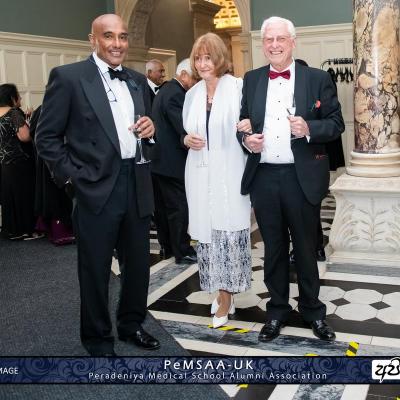
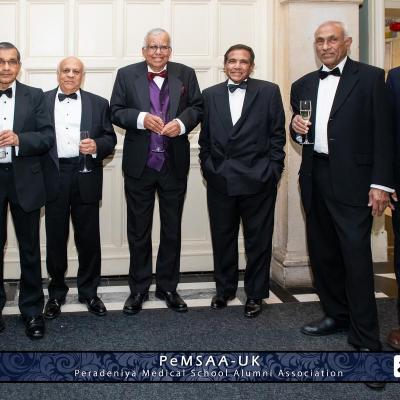
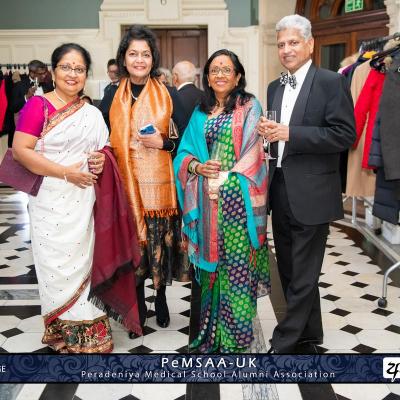
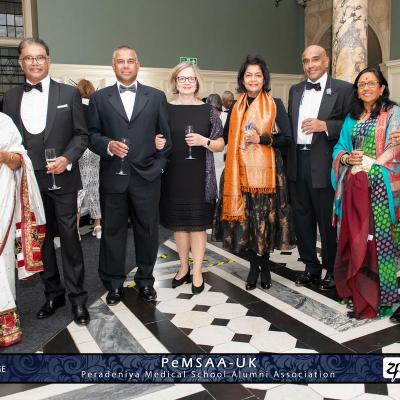
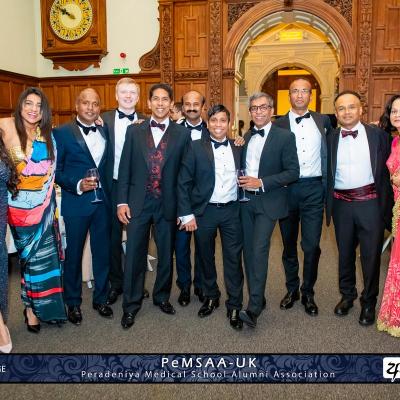

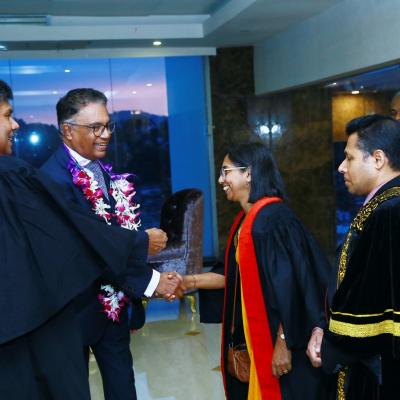
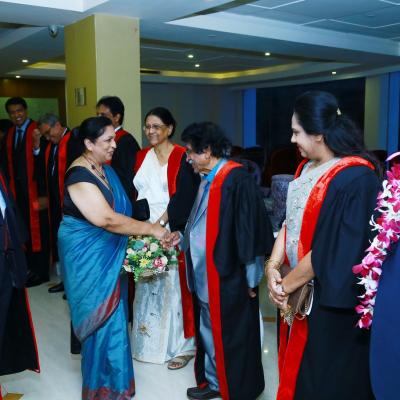
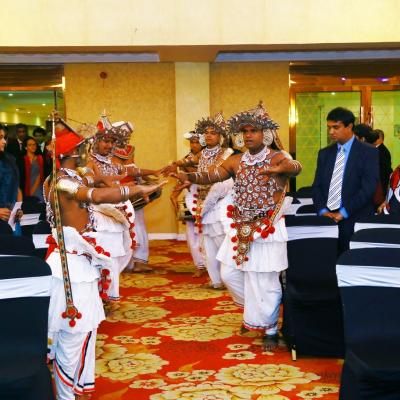
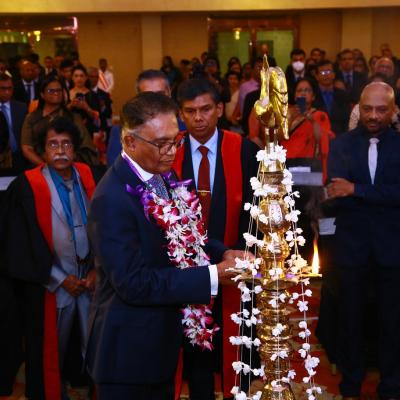
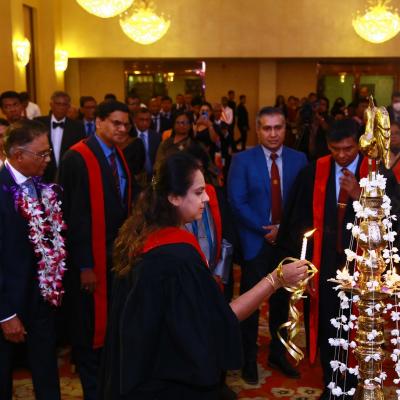
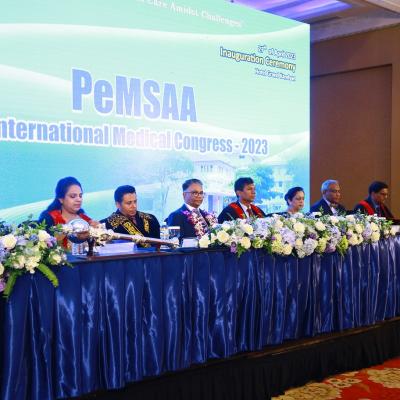
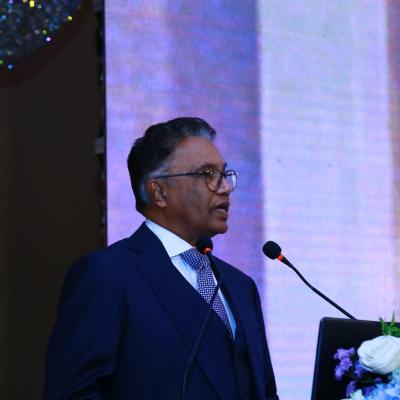
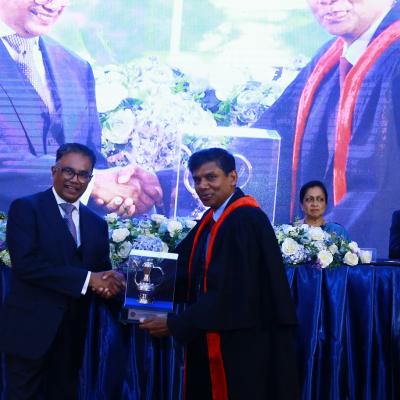
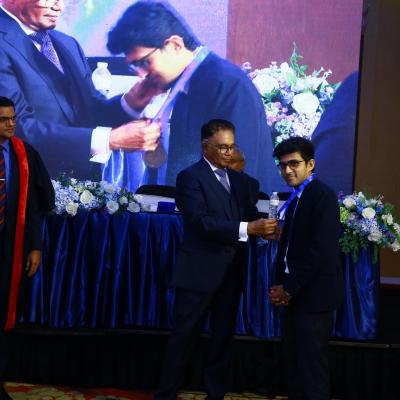
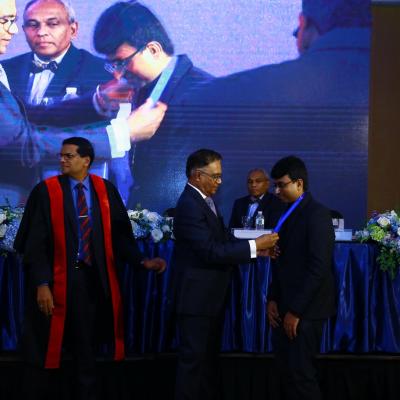
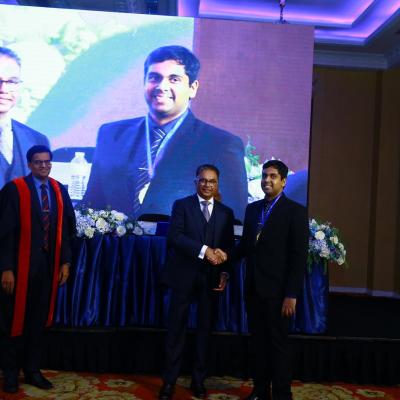
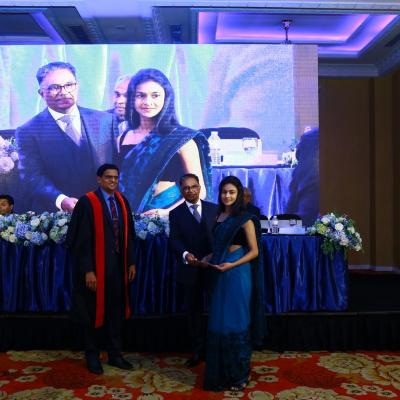
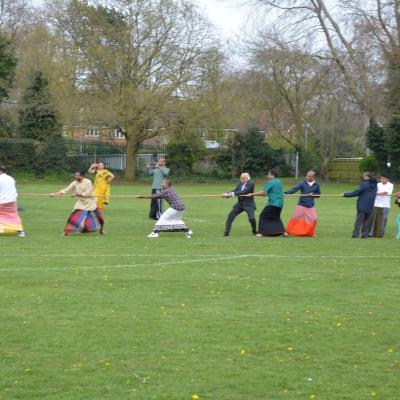
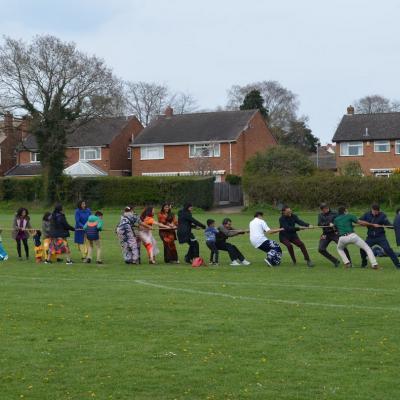
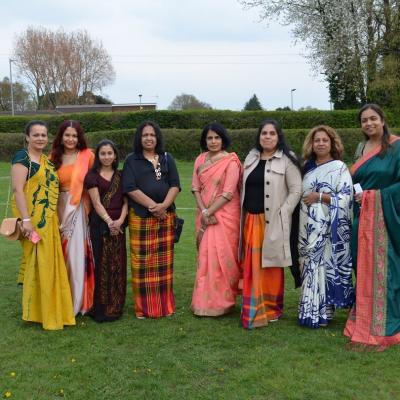
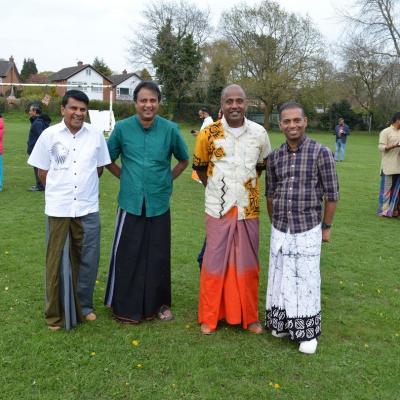
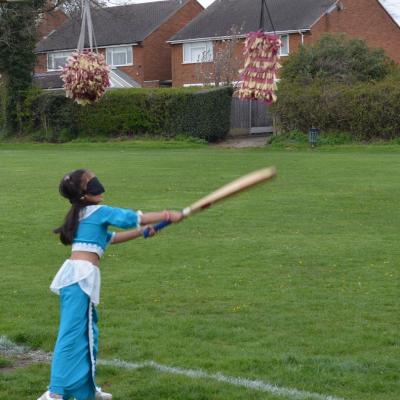
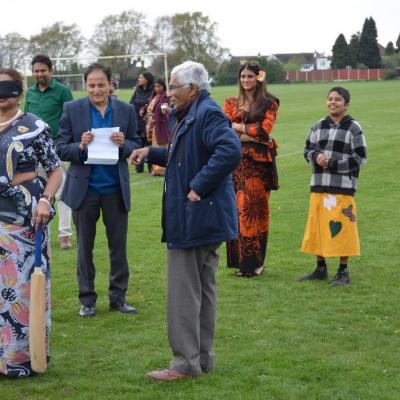
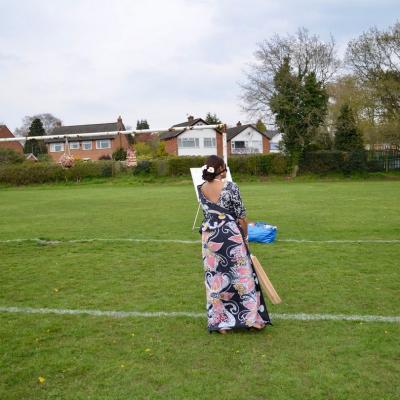
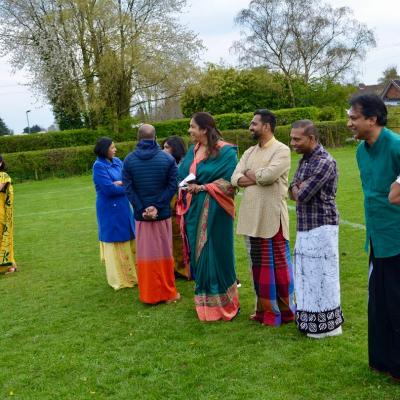
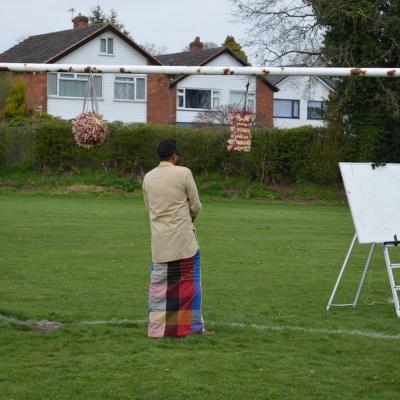
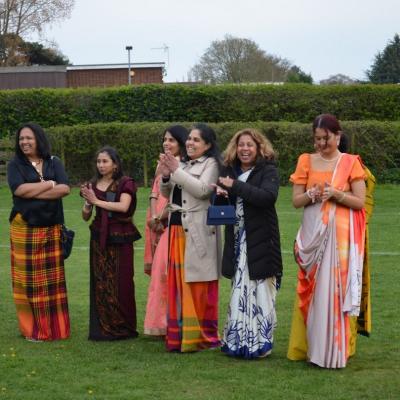
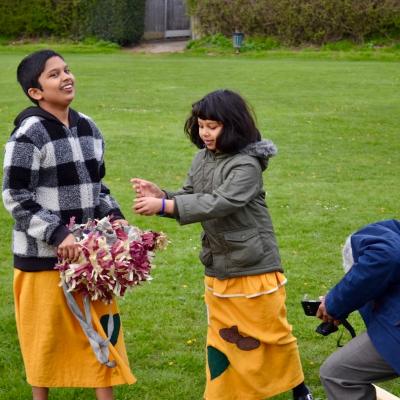
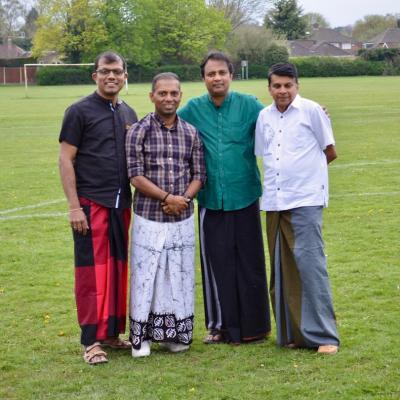
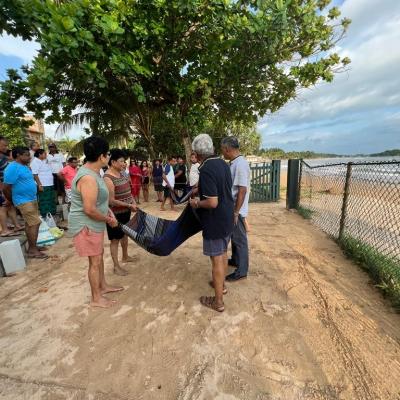
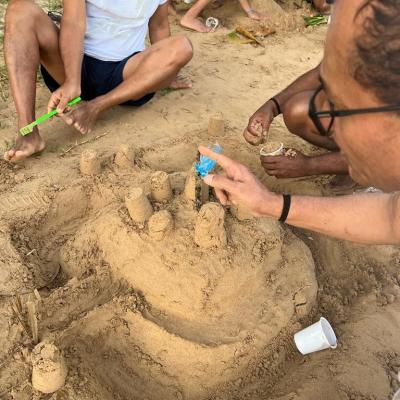
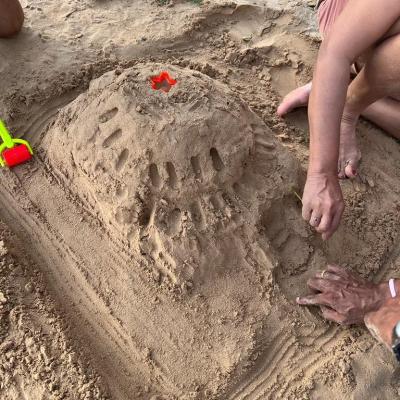
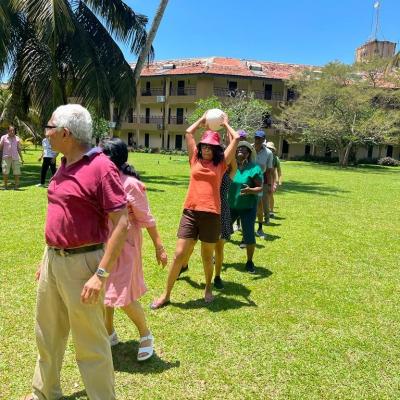
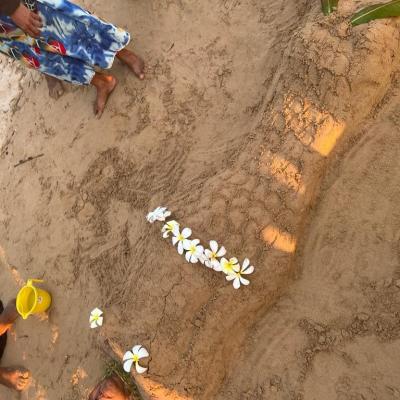
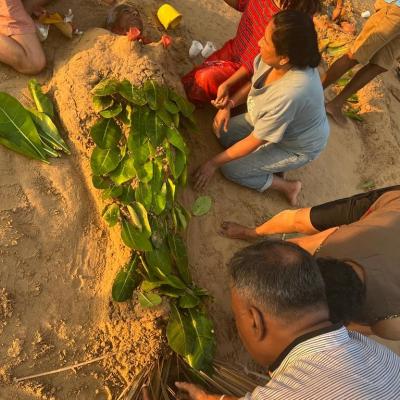
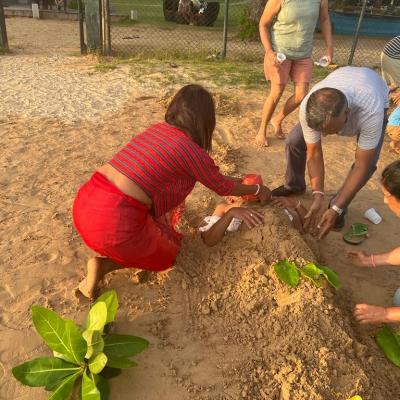
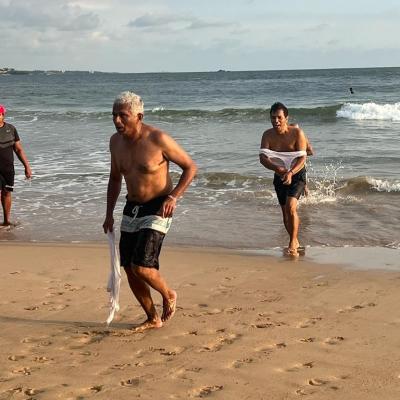
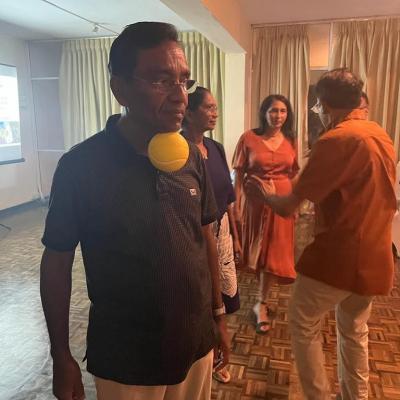
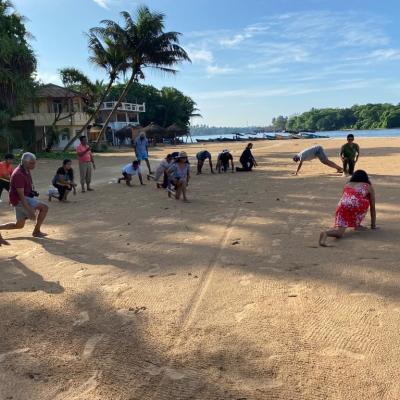
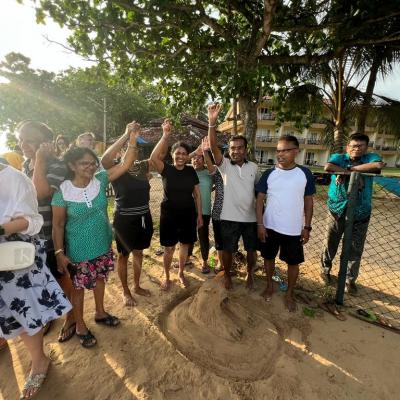

 PeMSAA-UK is a nonprofit organisation based in the United Kingdom established by the alumni of the Peradeniya Medical School, University of Peradeniya, Sri Lanka.
PeMSAA-UK is a nonprofit organisation based in the United Kingdom established by the alumni of the Peradeniya Medical School, University of Peradeniya, Sri Lanka.


